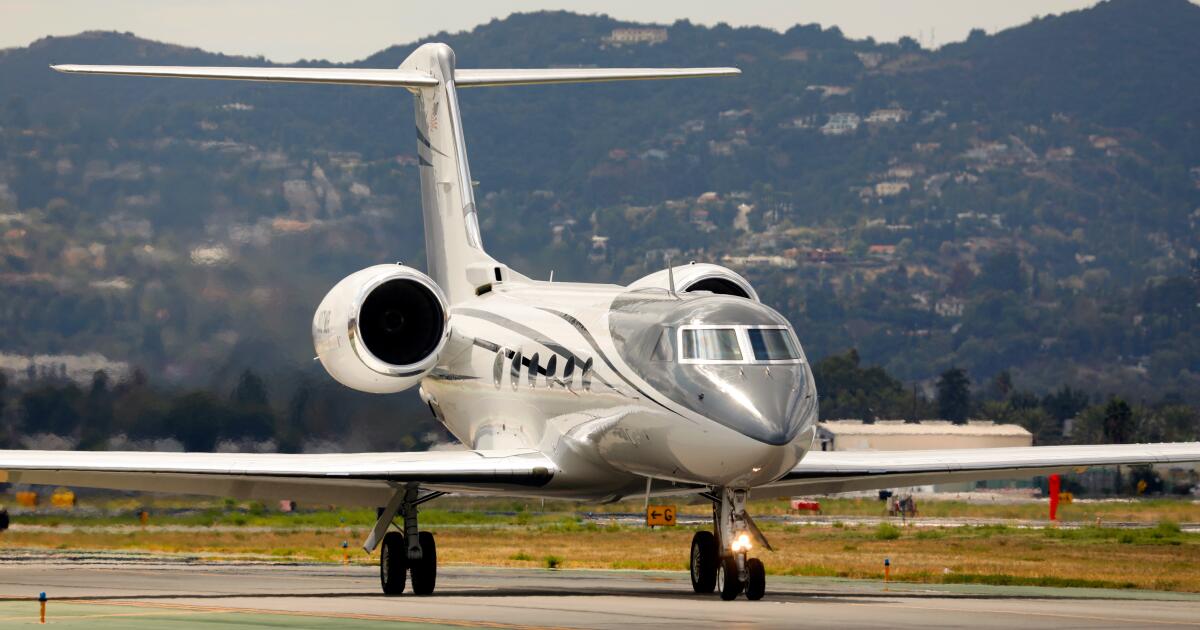KYIV (Reuters) – Ukrainian President Volodymyr Zelenskiy urged allies on Saturday to plug what he pointedly characterised as an “artificial” shortage of weapons that was strengthening the position of Russian President Vladimir Putin’s forces on the battlefield.
Addressing the Munich Security Conference in southern Germany to a standing ovation, Zelenskiy mixed gratitude for the support shown by Western countries with urging them for more.
He spoke at a critical juncture of Russia’s full-scale invasion of Ukraine, now nearly in its third year, with his troops forced to withdraw from the devastated eastern town of Avdiivka.
Ukraine faces acute shortages of ammunition, and U.S. military aid has been delayed for months in Congress.
“Unfortunately keeping Ukraine in an artificial deficit of weapons, particularly in deficit of artillery and long-range capabilities, allows Putin to adapt to the current intensity of the war. This self-weakening of democracy over time undermines our joint resolve,” he said.
“Do not ask Ukraine when the war will end. Ask yourself, why is Putin still able to continue it?” Zelenskiy added.
He said that sending additional packages of weapons and air defences to Ukraine was the most important thing its allies could do right now.
Earlier at the same conference, German Chancellor Olaf Scholz had side-stepped questions on whether to give long-range Taurus missiles to Kyiv.
“If your artillery (range) is 20 km (12 miles), but Russia’s is 40km, there is your answer,” Zelenskiy said.
The Munich Security Conference was jolted on Friday by news of the death of Kremlin critic Alexei Navalny in a Russian prison.
Zelenskiy said it was impossible to see Putin as the legitimate leader of Russia after Navalny’s death.
“Putin kills whoever he wants, be it an opposition leader or anyone who seems like a target to him,” he said.
Kremlin spokesman Dmitry Peskov had earlier said the reaction of Western leaders to the death was unacceptable and “absolutely rabid”.
(Reporting by Max Hunder; Writing by Maria Sheahan and Matthias Williams; Editing by Jan Harvey)
